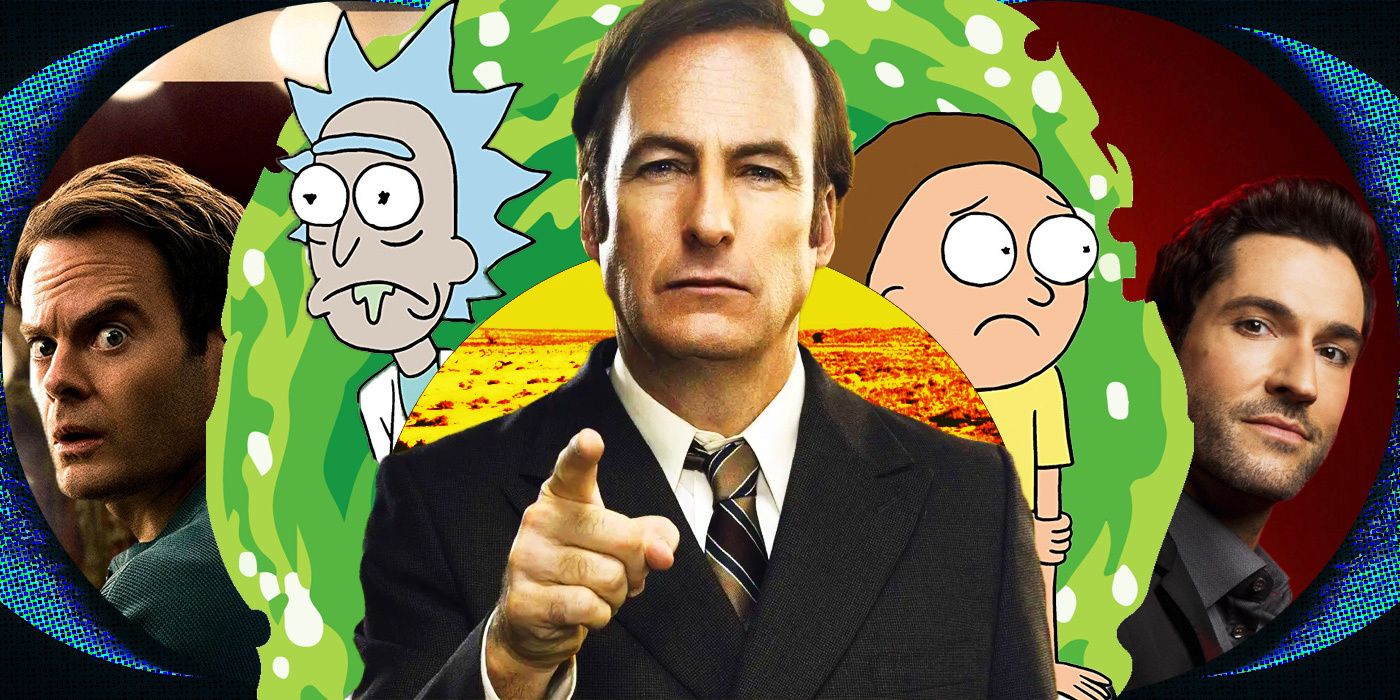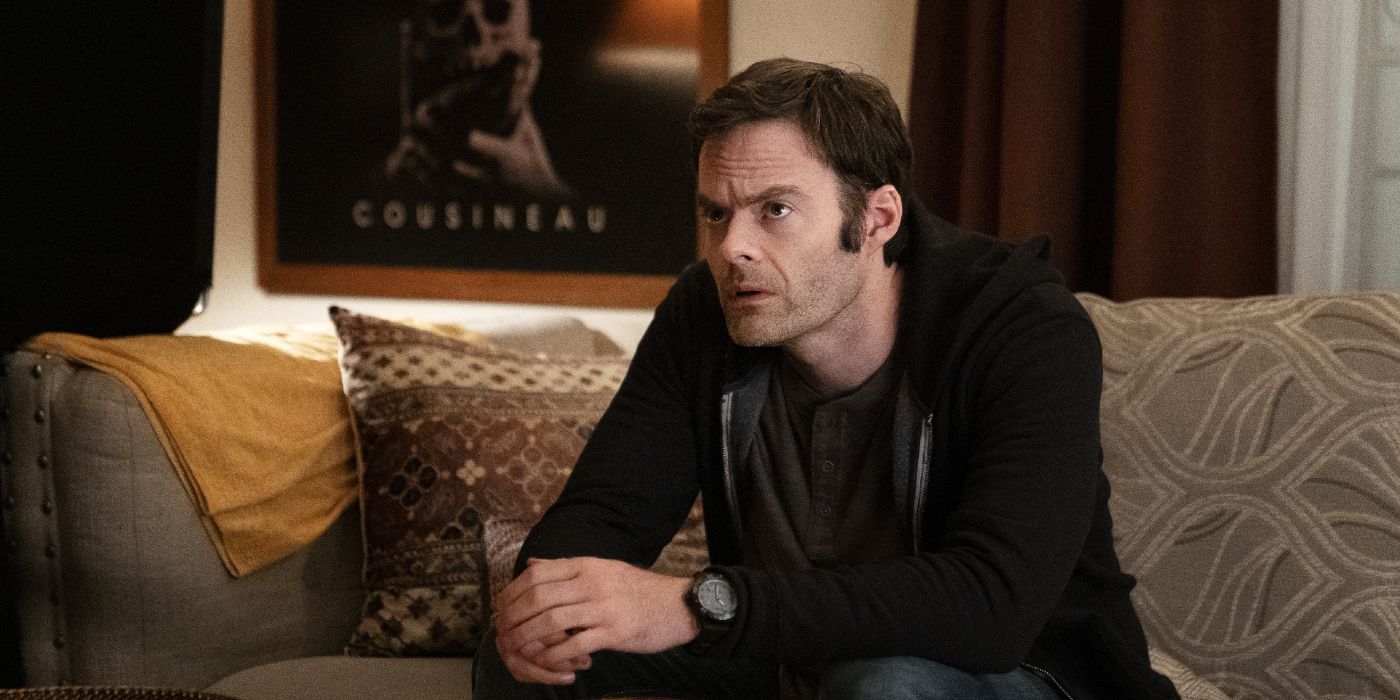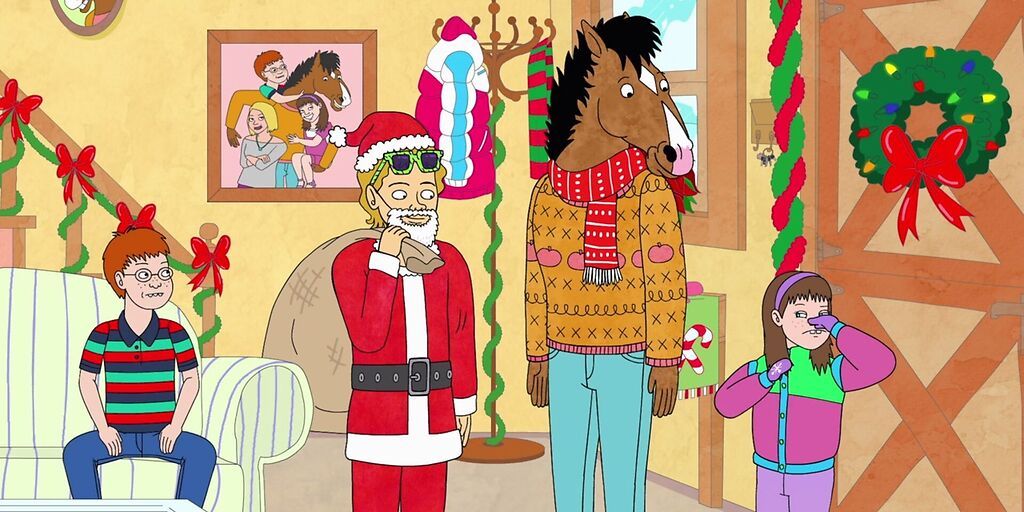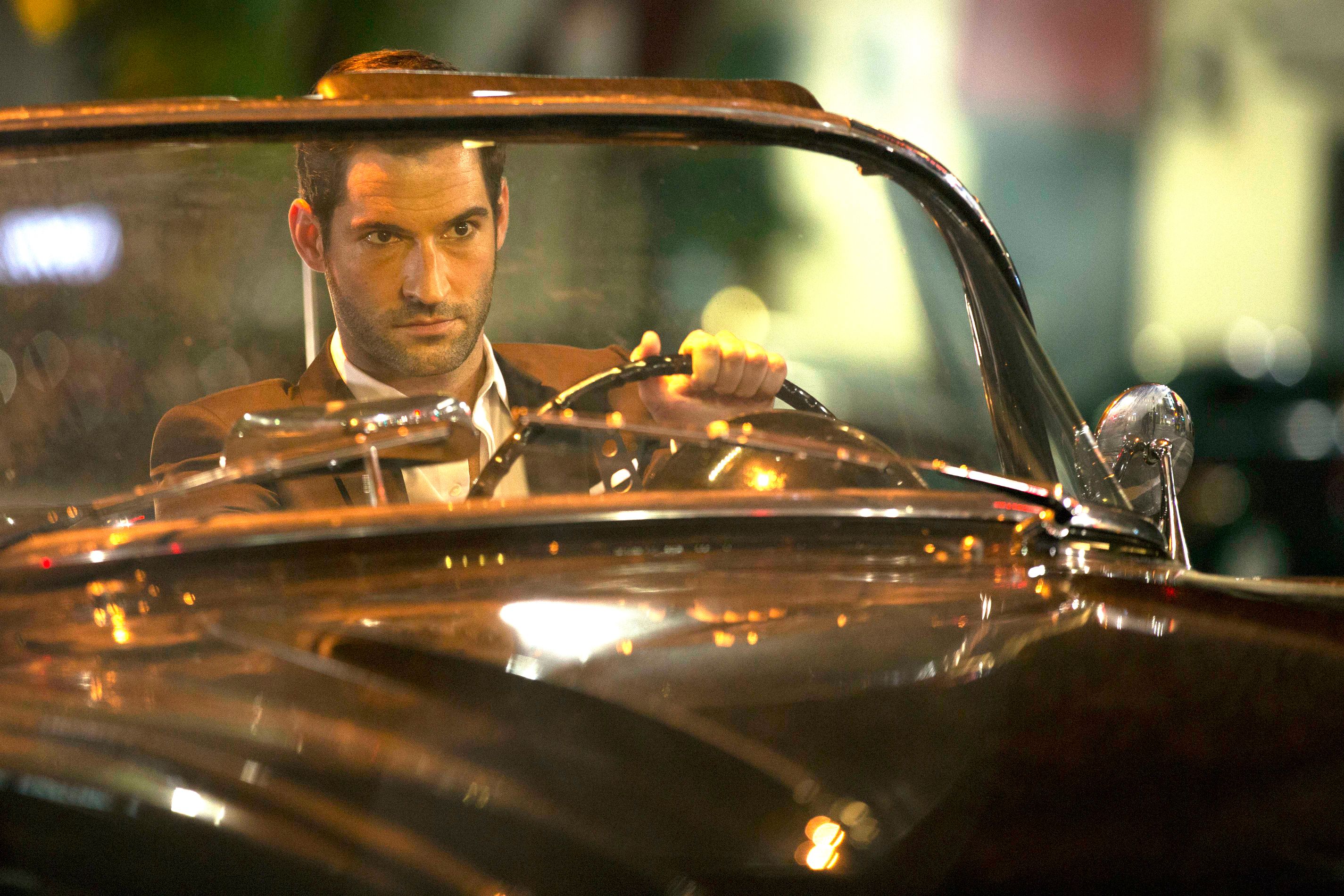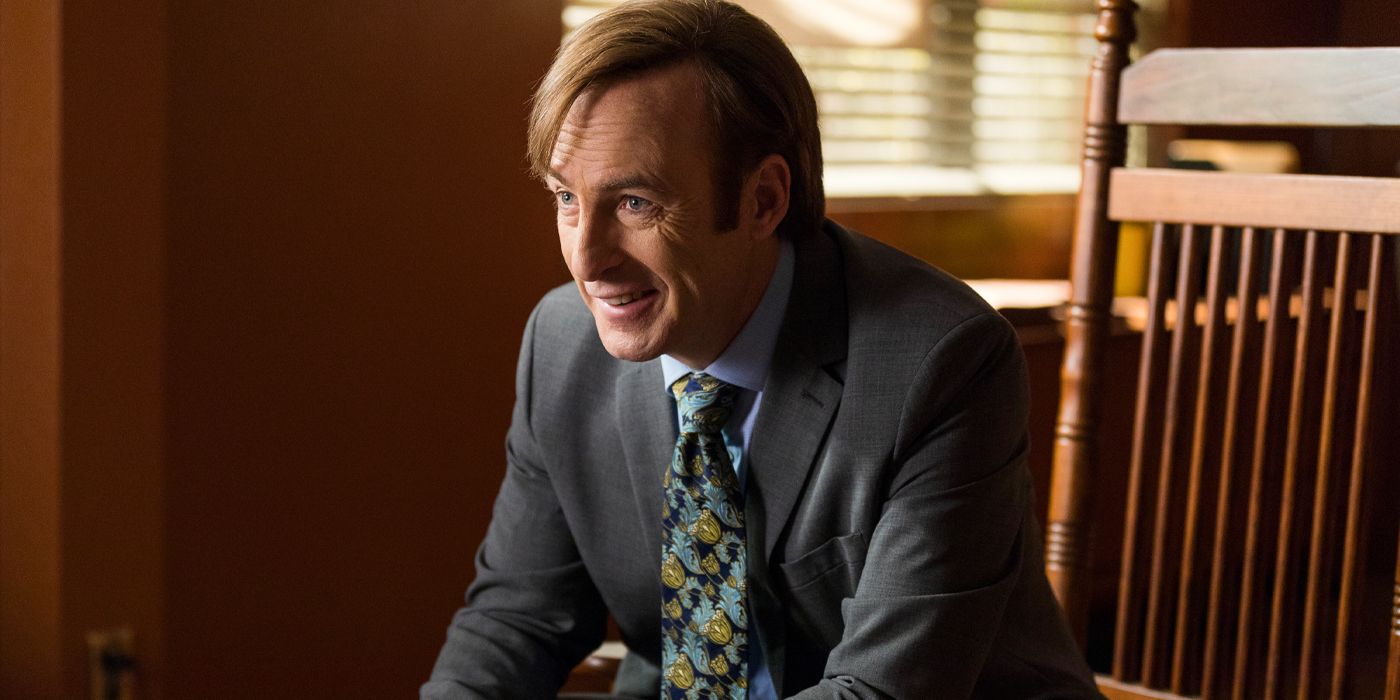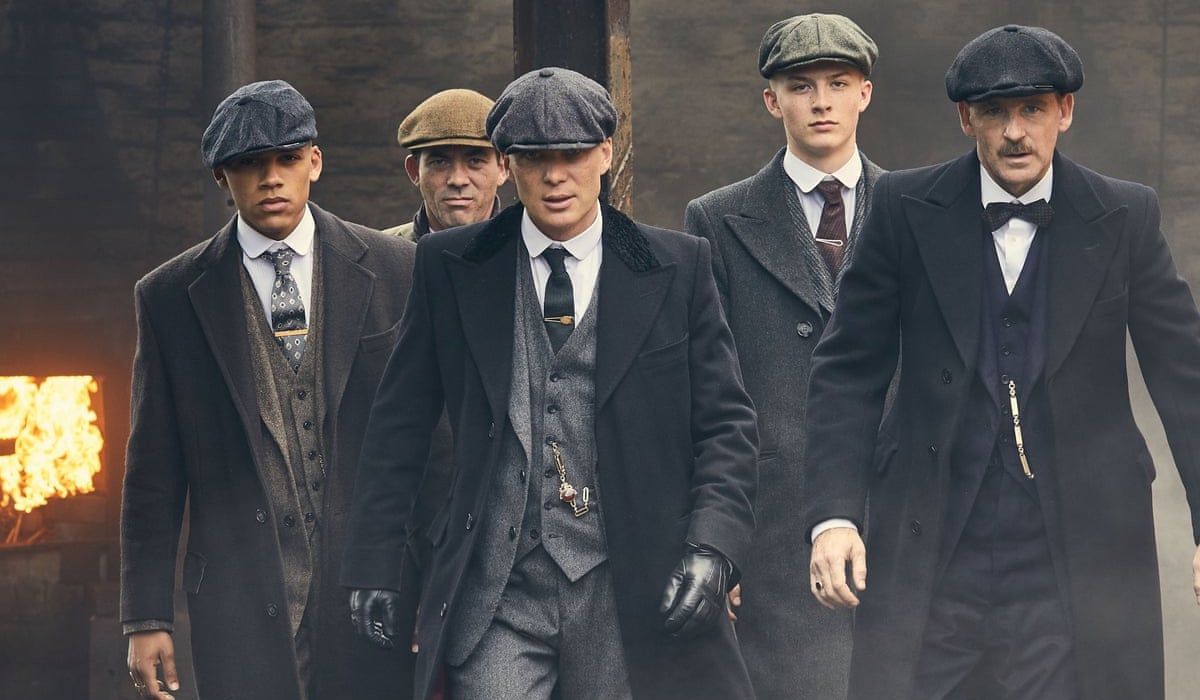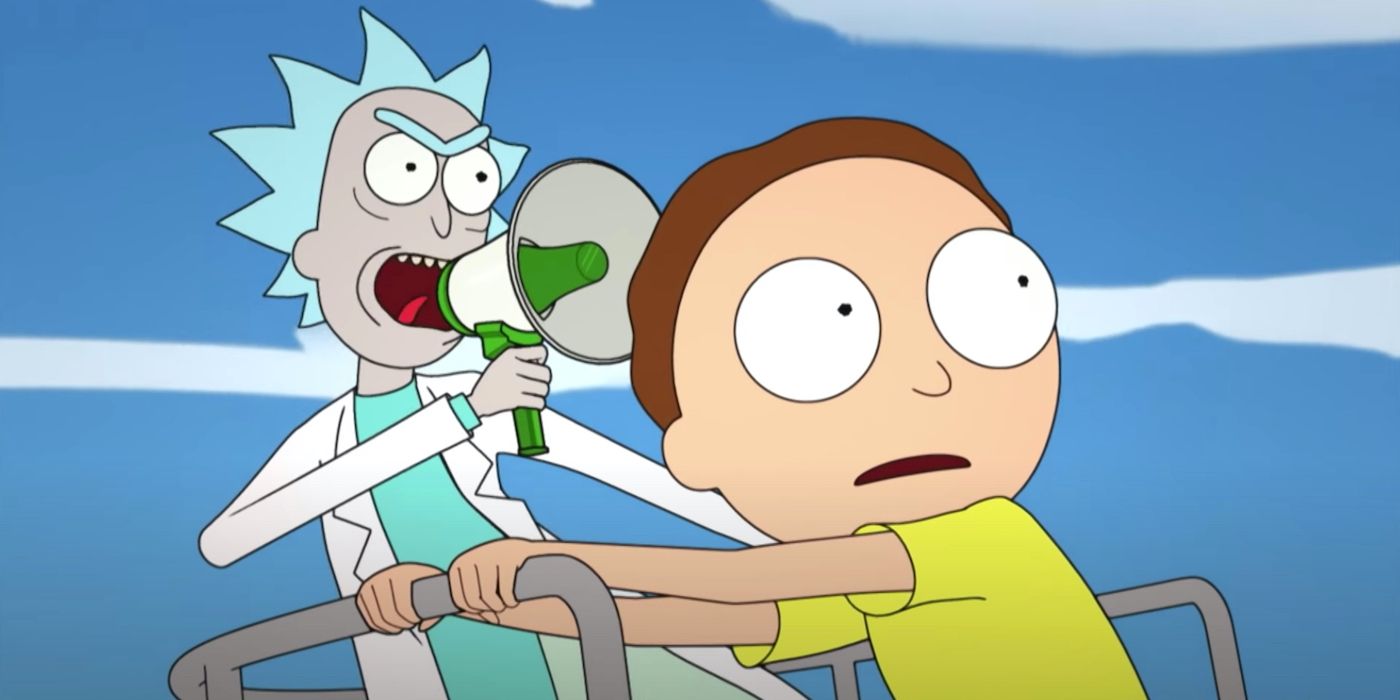Although the character trope of the "Byronic hero" has its roots in the British Literature of the early 1800s, this trope remains an important staple in today’s entertainment industry. We remain interested in protagonists who are so complex that it can be tough to decide whether they are good or bad. Our continued cultural interest in this trope highlights our contemporary sense of morality where, rather than categorizing individuals as purely good or evil, we tend to perceive most people as a blend of both.
Beyond moral complexity, some other characteristics are common in Byronic heroes. They are typically intelligent, arrogant, emotionally tortured, reckless, self-destructive, and manipulative men. The term “Byronic hero” is based on Lord Byron, a morally loose and complex English poet of the Romantic era. Examples of Byronic heroes from literature and film include: Heathcliff from Wuthering Heights, Mr. Rochester from Jane Eyre, the Phantom from Phantom of the Opera, the narrator from Fight Club, and Edward from Twilight.
Byronic heroes are sometimes criticized because of the danger in glorifying problematic characters. If the audience admires the flawed character, we might start to think their immoral actions are acceptable or even imitate them in real life. This is a legitimate danger, but it is also possible that Byronic heroes embody a number of different ideas about the mercurial (not inherent) nature of morality and can offer ideas about how to be a better person.
Breaking Bad features one of the best contemporary examples of a Byronic hero – Walter White (Bryan Cranston), the loving father and chemistry teacher who, when he learns he has terminal cancer, starts cooking meth to ensure financial security for his family when he dies. But the farther he gets pulled into the drug trade, the more violent his actions become. If you’re looking for similarly complex protagonists that you can’t decide whether you love or hate, here are some other shows to watch.
Barry
Barry is a dramedy on HBO Max that stars Bill Hader as a veteran who, upon completing his tours, realizes he has no marketable skills besides killing people. Barry’s sketchy father figure, Fuches (Stephen Root), employs him as a professional assassin. In the pilot, during a trip to Los Angeles to eliminate a target, Barry accidentally ends up performing a scene at an acting class. He quickly decides he wants to quit being an assassin to pursue his true passion of acting. Unfortunately, his colleagues won’t let him leave his line of work so easily.
Not wanting to reveal his past to his new friends, girlfriend, and acting teacher/father figure (Henry Winkler), Barry lies about almost every aspect of his life. He also continues killing people, though sometimes it’s just to avoid getting caught for past crimes. Nonetheless, it’s clear that Barry desperately wants to separate himself from his past and embrace a new life as a theatrical genius and a good boyfriend.
Barry is a horrible actor, except when he's able to channel the emotions tied to his past actions as a killer. In those cases, a bit of brilliance shines through, garnering praise from his teacher. The show offers the idea that, even though someone did something immoral in the past, it does not mean they cannot use what they learned from that experience to create something better. This is not to say that we should purposely commit sins, but rather, given that we cannot change our pasts, we may as well seize the opportunity to learn and grow from our moral shortcomings rather than attempt to simply push them out of our minds, as Barry tries to do at first.
Bojack Horseman
Bojack Horseman, an animated Netflix series, follows the misadventures of a washed-up, alcoholic, womanizing celebrity (voiced by Will Arnett) who starred in a popular sitcom in the '90s. Bojack, who also happens to be an anthropomorphic horse, is often lazy, irresponsible, dishonest, and self-serving, making him fairly unlikeable. However, he is also intelligent, funny, and has a good heart. The show humanizes him by showing viewers his sad backstory (a common strategy used to soften characters who could otherwise be seen as bad people).
Most importantly, Bojack actually heals to a degree over the course of the show. However, his journey toward healing is not linear, and he slips up many times (just like Barry). Bojack has to constantly re-commit to being better, rather than just making a one-time decision. In order to get better, he has to be honest with himself and others about the true extent of his past evil behavior. He has to process the bad parts of himself before he can fully become a better version.
Lucifer
In Lucifer, Tom Ellis stars as the literal Devil. He decides to take a vacation from ruling Hell and comes to Earth to run a nightclub in Los Angeles (where he gets up to lots of other antics). Though he's the religious embodiment of evil, Lucifer is a Byronic hero instead of a villain because, as the show goes on, he becomes more humane and less wicked. The more time he spends on Earth, the “softer” and more morally complex he becomes. He still breaks rules, but he also develops affection for people and starts going out of his way to help them. He loses his cold edge and (sometimes) refrains from doing evil things just for the fun of it. Even the demon bartenders complain that Lucifer just isn't the unholy creature he used to be.
This show suggests that even the Devil himself is morally fluid, capable of growth and change rather than destined to be 100% evil forever. The fact that his change in moral character occurs as a result of his change in environment (being on Earth rather than in Hell) suggests that people are shaped in part by our surroundings and are not inherently good or evil.
You
In the Netflix series You, Penn Badgley stars as Joe, a stalker who kills “for love.” Based on the novels by Caroline Kepnes, which are narrated in Joe’s compelling voice, the show follows events from Joe’s perspective. He's clearly a creep, but viewers still empathize with him because he is smart, bookish, kind to children, and committed to his relationships (though in his own twisted ways). Joe is certainly problematic, but he is also relatable because of his intelligence, humor, and the fact that he commits a lot of good deeds to partially balance out the evil acts.
You warns of a disturbing truth: that being smart does not always protect people from becoming bad. Smart people can conjure up intelligent, even humorous justifications for evil behavior. You suggests that, in order to live a moral life, it is not enough just to be smart. It's also necessary to direct your own thinking in morally acceptable directions.
Better Call Saul
A spinoff prequel to Breaking Bad, Better Call Saul follows Walter White’s sleazy lawyer back when he went by his real name – Jimmy McGill (Bob Odenkirk). When the show begins, Jimmy is working in a mailroom while obtaining his law degree, as he attempts to follow in the footsteps of his older brother Chuck and his girlfriend Kim, who both work at a fancy law firm. But no matter how hard Jimmy tries to be a professional, upright lawyer, most people (especially Chuck) view him as an underachieving jokester and refuse to take him seriously. Over time, Jimmy begins to see himself as others see him — as “the kind of lawyer guilty people hire.”
The show follows Jimmy’s tragic downfall into Saul. He qualifies as a Byronic hero because, despite his heart of gold, he commits various misdeeds that break clear moral codes. His actions, seemingly meant to help those he loves, ultimately put them (or himself) at risk. Jimmy’s anger at being put in a box and held back by his brother pushes him beyond rationality and over the edge into morally dubious territory. Better Call Saul explains Saul’s evil by elaborating on his sad backstory. However, this show also clearly suggests that there is some degree of choice in terms of how evil people ultimately let themselves become. Jimmy/Saul is partially created by his environment, but he also chooses to respond poorly within that environment.
Peaky Blinders
The Netflix series Peaky Blinders follows Thomas Shelby (Cillian Murphy), a gang leader in 1919 Birmingham, England. Tommy commits numerous crimes and other immoral actions. However, he is also a loving brother, nephew, husband, father, and friend. The drive behind his gang activity is to create the best possible life for himself and his family, but he is already too far wrapped up in destructive behavior patterns to accomplish his goals without causing tragedy.
Tommy wants to be good, but he is unwilling to stop being a gang leader and keeping secrets from people. Instead of making major changes to his life in order to easily get what he truly wants, he attempts to find what he wants while clinging to a lifestyle where he will never be able to achieve his goals. Tommy’s deterministic ideas about who he “is” prevent him, so far, from becoming the happier, morally-better version of himself that he could be. Peaky Blinders suggests that true moral growth and change requires a more fluid sense of self-identity.
Rick and Morty
Rick (voiced by the show's co-creator, Justin Roiland) is a semi-evil, genius scientist who takes his grandson, Morty (also Roiland), along on adventures that are not suitable for middle-school children throughout time, space, and other dimensions. When Rick does something so horrible that it shocks Morty, Rick’s response is to reveal how massive and complicated the universe is, often to show how unimportant (or unavoidable) his breach of morality was. Although Rick seems cold and uncaring, he has cosmic knowledge that others do not, and he uses it to save lives. Granted, he also uses that knowledge for self-serving and/or stupid purposes such as transforming himself into a pickle to avoid going to family therapy.
Rick and Morty suggests that there is more than we know about morality, and that even the most knowledgeable people can still get it wrong. However, Rick and Morty both learn more about how to be good from each other, suggesting that a relational view of morality is helpful and that discussion with others leads to deeper knowledge.

